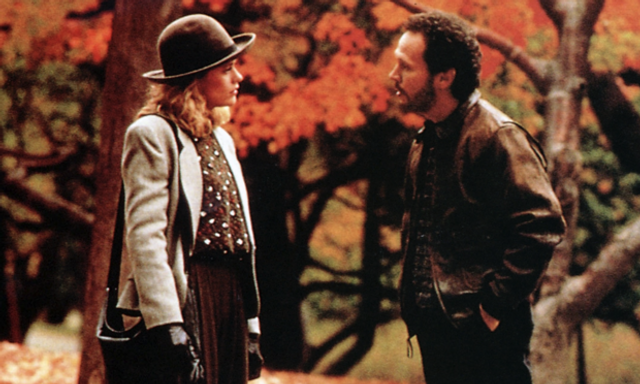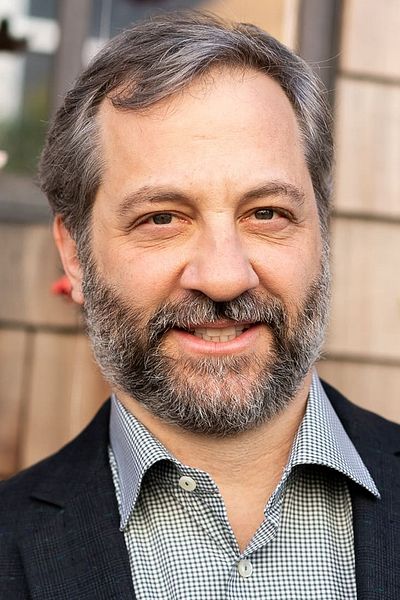When talking about romantic movies, most people name-check some of the classics from the 80s - An Officer and a Gentleman, Pretty Woman, Dirty Dancing. If you take the more obvious sub-genre, the romantic comedy, then you'd be hard-pushed to find a better or more seminal film than When Harry Met Sally.
It had everything; charm, a relatable, funny cast, and a director who was on a winning streak in Rob Reiner (Stand By Me, This is Spinal Tap and The Princess Bride all preceded it); Reiner found out a tone and was assured enough to stay with it. While the chemistry between Billy Crystal and Meg Ryan and the aspirational familiarity of their situation is likely what continually brings people back over the years.
Similar too with Say Anything - Cameron Crowe's first movie as a director. He figured out that adding a killer soundtrack to an already wonderful film would only increase the affection in which it was held. He did the same thing with Jerry Maguire; offering a slew of iconic moments after the John Cusack boombox brilliance of Llyod Dobbler.
What happened in the noughties is likely what brought the cinematic romantic comedy, at least as we know, to a halt. Matthew McConaughy and Kate Hudson hit paydirt with How To Lose A Guy in 10 Days, then shamelessly attempted to replicate that success with a barrage of sub-par, perpetually shirtless McConaughy-led duds. Even worse, it gave others a template to work off - Katherine Heigl was "the next Julia Roberts" for a solid 4 films.
Coming off of the critical and commercial smash, Knocked Up, Heigl made 27 Dresses. The personification of graaaaaand, it co-starred the endlessly underrated James Marsden and passed an hour and half pretty handy. Then shit got mediocre sharpish. The Ugly Truth introduced us to Gerard Butler in romantic comedy mode (and channeling Adam Carolla) as an obnoxious broadcaster with some old-fashioned views on women, who clashed with his beautiful, neurotic producer played by Heigl. The shark had been jumped long before The Ugly Truth, which actually made very good money at the box-office. Hollywood was bleeding the format to death and when you cease to photocopy the original print (When Harry Met Sally) and instead copy a copy, you get a weird Frankenstein's monster that you've somehow seen countless times before. The Bounty Hunter (Midnight Run with romance), Killers (Grosse Point Blank but shit), Made of Honour (My Best Friend's... a dickhead) Maid in Manhattan (Pretty Woman with cleaning products) and so on.
From a leading man's point of view, it made sense to make an action movie, then a romantic comedy because you were hitting two broad demos - Butler was coming off of 300 which was a global phenomenon. Mixing it up underlined the star quality and gave audiences who'd previously enjoyed your other work, ostensibly at least, more of the same.
There have always been exceptions to the rule of course; 500 Days of Summer is a little gem. High Fidelity is superb and Judd Apatow has produced and directed a couple of modern classics (Superbad, Bridesmaids, Knocked Up), with all of those films either centering around same-sex friendship or having their stand out moments off of the back of them.
But in the last year only one has shone cinematically - The Big Sick. This could be because audiences have grown tired of samey material or because Hollywood somehow considers mid-budget films way too much of a risk. Typically the more recent above titles would cost around $30 million before marketing. That's now too much of a financial gamble and studios are now ignoring the charming, accessible romantic comedy.
The answer is likely Netflix. But even then the streaming service needs to nourish the Kristen Wiig or John Cusack of the future, ensuring the films or shows they make aren't buried under the latest big-budget binge watch.

















































































